Sharma Sisters of Sikkim Brew Slow Travel Revolution With Their Sustainable Hostel
Gangtok-based sisters Manisha and Bhavana Sharma, along with their childhood friend Saran Rai, run an offbeat travel company called Tag Along. Together they’re building a zero-waste, sustainable solution to tourism in Sikkim.
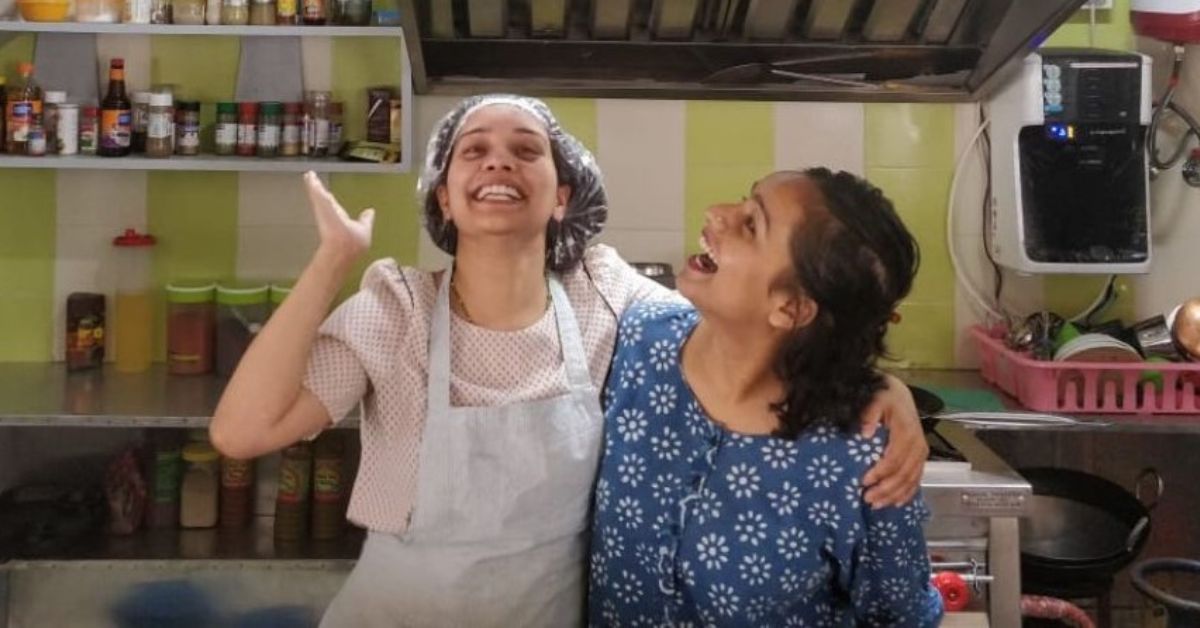
After completing her adventure tourism course at Queenstown Resort College, New Zealand, Manisha Sharma was bit by the travel bug. She returned to Gangtok, Sikkim, and started Tag Along, a travel consultancy platform, in 2014. This job took her to new places and she recalls telling her sister Bhavana Sharma, who then worked as a financial analyst, all about her adventures.
During the same period, Manisha was also a part of government projects to make Sikkim a top tourist destination in India. She travelled from one village to the other to help the villagers set up homestays which would attract more tourists to the state.
“It was during the journey that I realised the potential of Sikkim to be an adventure tourism location,” says Manisha, co-founder of Tag Along, who takes care of the company’s operations. “Each village has their own specialities and we needed a way to show tourists these features.”
Listening to her sister’s many stories, Bhavana decided to quit her corporate job and join her at Tag Along in 2018, although she has been part of the major activities before. “For the past 5-6 years, there has been a surge in the number of adventure-loving solo travellers in Sikkim. Before that, only families visited, mostly for honeymoon or package tours. Our idea was to cater to solo travellers,” adds Bhavana, co-founder and admin of Tag Along.
Deliberating on their newfound goal of promoting sustainable tourism in the state, they launched a cycle expedition in 2016. Starting from Aritar village in east Sikkim and ending in Gangtok, covering 32 hairpins in four days, they provided food and accommodation in the villages so that travellers get a chance to interact with locals. The cycles and gears were also provided by the team.
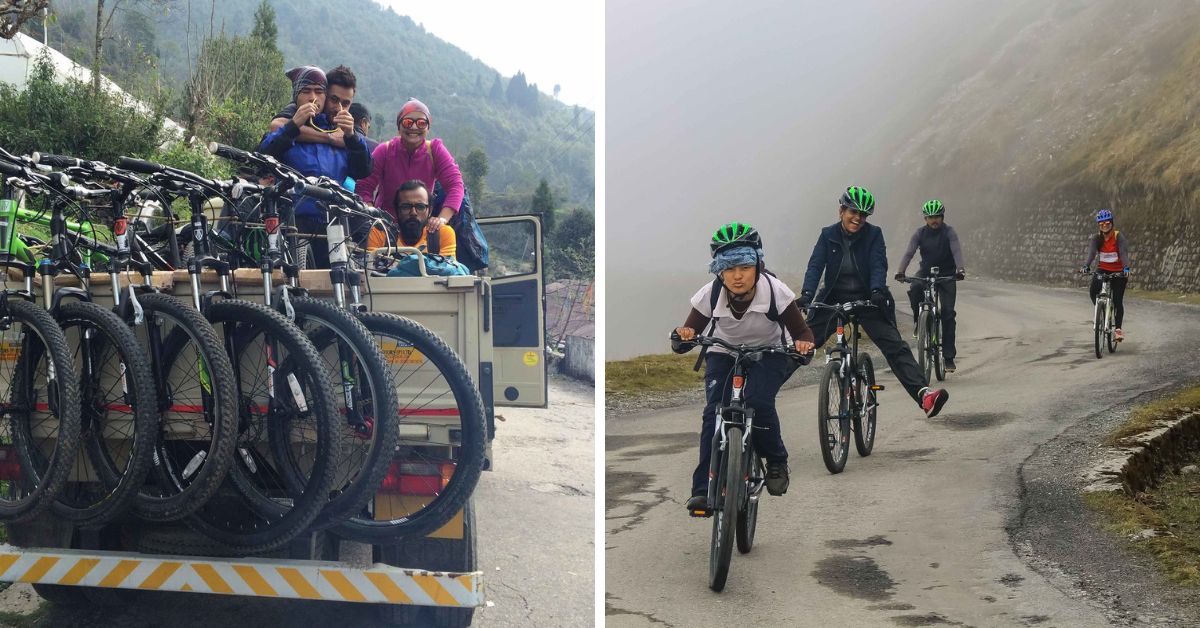
“We are not just a group of hotel/restaurant owners or itinerary makers. We combine the best of what culture, nature, adventure, hospitality and leisure has to offer in the Himalayas, inside Sikkim,” says Manisha.
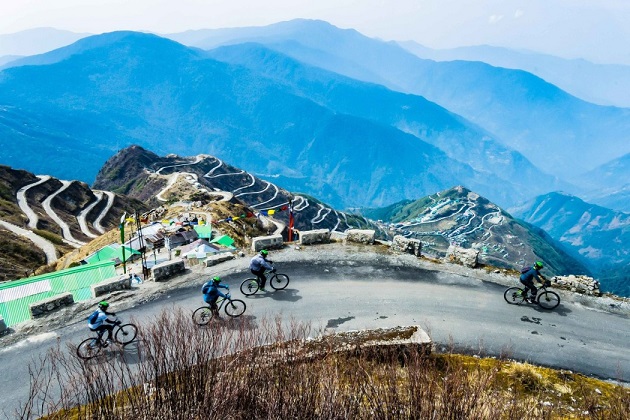
A backpacker hostel
Their cycle expeditions had the sisters bonding with the travellers on a deeper level. Realising the need for affordable accommodation, the duo began Tag Along Backpackers, a hostel where travellers can stay for minimal rates of Rs 700 to Rs 800 per night.
“There was a gap in the tourism market of hostels in Gangtok. When we started there was only one hostel in the capital city. Even though it was not providing enough facilities. Since most solo travellers and those who seek adventure rarely prefer luxurious hotel rooms, we came up with a hostel under the parent company,” says Manisha.
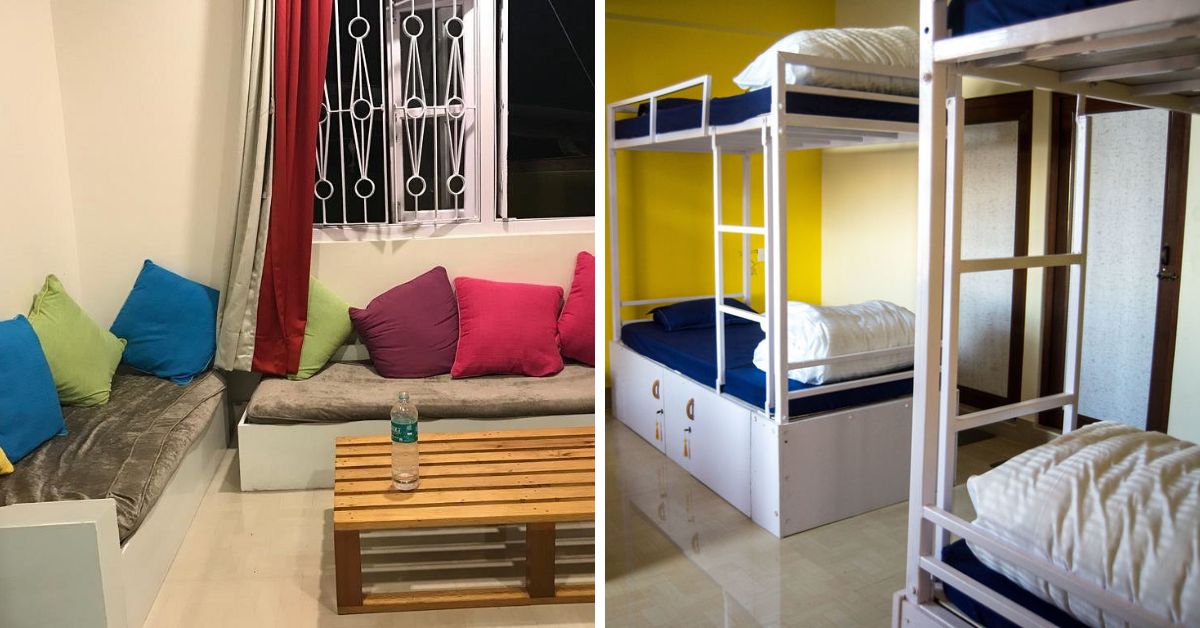
Today, there are two hostels and one restaurant under Tag Along which operate in Gangtok.
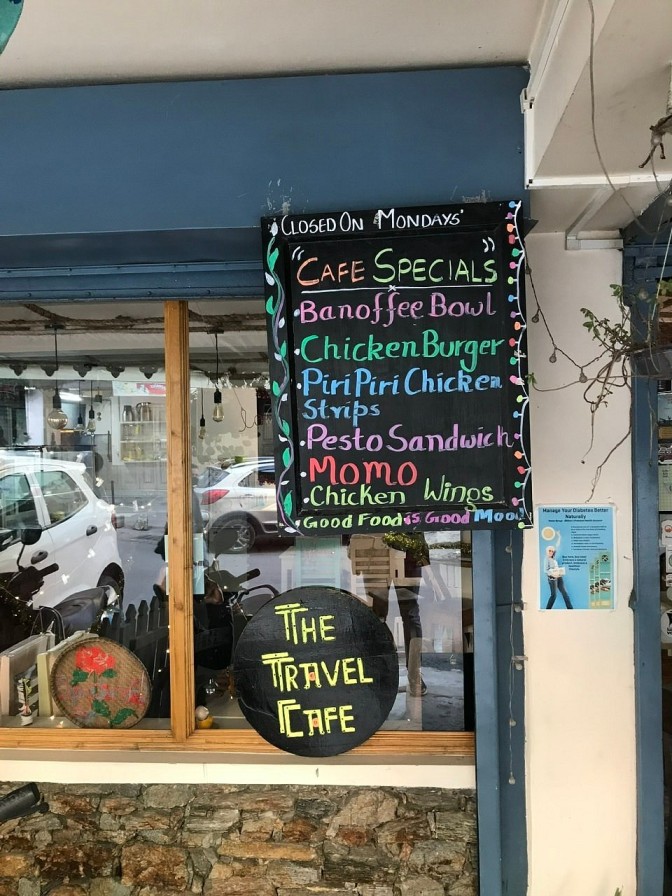
Here, they employ sustainable measures including avoiding single-use plastics. “We always buy things in bulk needed for the hostel as well as the cafe to reduce the huge amounts of plastic waste. Alternatively, the plastic waste generated is sent for recycling. Guests are advised to follow sustainable practices,” says Manisha.
During peak season, the hostels get an average of 70 travellers per month. “Since ‘workation’ is a common phenomenon post the lockdown, we have travellers all through the year. Most of them stay in their room on weekdays and go exploring on weekends and evenings,” shares Manisha.
Take on sustainability
“Even though the surge in the number of tourists to Sikkim came as a boon to enthusiasts like us, we knew that the state’s pristine environment would be compromised. So, we started promoting sustainable measures,” elaborates Bhavana.
Tag Along also preaches these sustainability hacks to the villagers who have now started their own successful homestays. Malati Sudda and Govind Gurum are a couple running one such homestay called Mahimalaya Homestay in Kaluk village. Govind says, “A team of youngsters, including Manisha, visited our place in 2014 to talk about the possibility of setting up homestays. We are farmers and we found the idea of earning extra income through this venture interesting.”
He adds, “We attended their three-month course on ecotourism and sustainability and set up the homestay the same year. Now we get at least 50 groups of travellers as guests per year. This helps us to sustain even if we face losses while farming.”
“The whole idea of starting an adventure tourism venture in my homeland was always my dream. I am happy that we are able to help the villagers too through our business. We want Sikkim to be travellers’ favourite adventure tourism site, majorly for cycling, just like how Manali and Ladakh are,” adds Manisha.
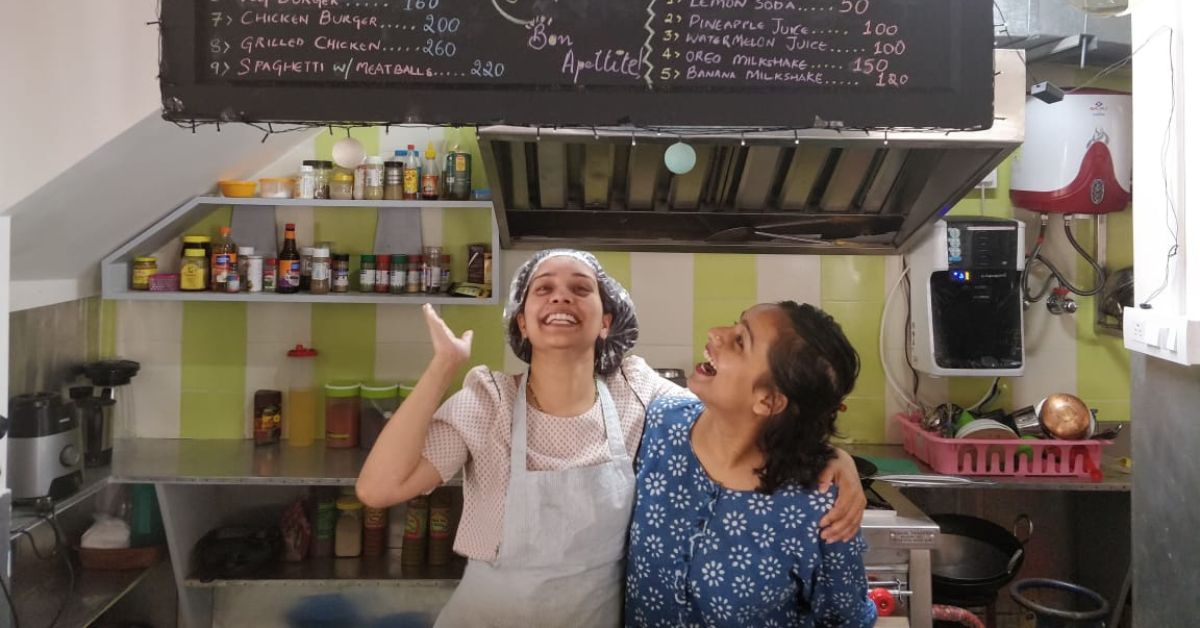
In 2019, Saran Rai, their childhood friend, who worked in the food industry, also joined them as a partner. He handles the travel logistics and social media accounts of the company. He also takes part in the cycle expeditions, which have now been halted because of the pandemic. “We are all set to relaunch it from this November,” says Saran. “For cycling, we have fixed departures and recommend travellers to cycle for two to three months before their arrival so that the high altitude journey can be managed. But those who feel they are fit and experienced are free to join too.”
He adds, “Our new hostel opened just before the lockdown and is all equipped to welcome travellers.”
View this post on Instagram
“Unlike usual travel companies, we don’t offer packages to travellers. But guests need a minimum of eight days to experience our setup. We are open for personalised travel experiences based on the requirements and interests of travellers. We believe in knowing the culture of a place through travelling other than just visiting the crowded tourist locations,” Manisha says.
The trio say that October to January and March to mid-June are the best time to visit Sikkim, although they are open all year round.
Contact Tag Along team for your next adventure here.
Edited by Yoshita Rao
If you found our stories insightful, informative, or even just enjoyable, we invite you to consider making a voluntary payment to support the work we do at The Better India. Your contribution helps us continue producing quality content that educates, inspires, and drives positive change.
Choose one of the payment options below for your contribution-
By paying for the stories you value, you directly contribute to sustaining our efforts focused on making a difference in the world. Together, let's ensure that impactful stories continue to be told and shared, enriching lives and communities alike.
Thank you for your support. Here are some frequently asked questions you might find helpful to know why you are contributing?


This story made me
-
97
-
121
-
89
-
167














